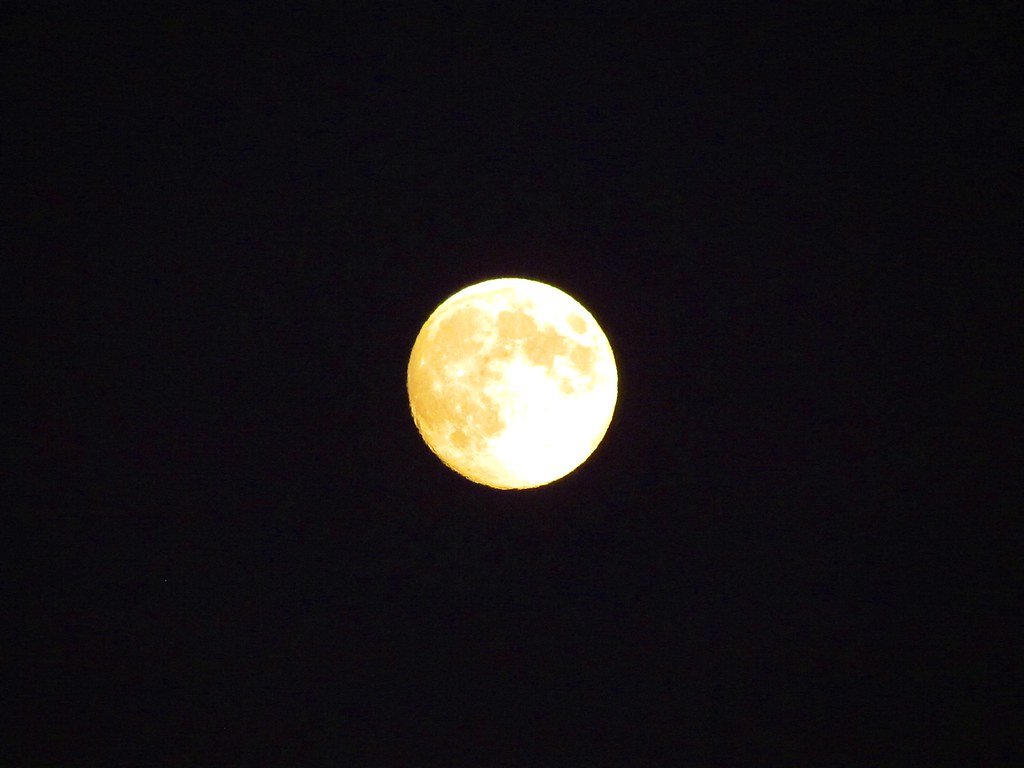
Meditation X.18 - To Die in the River - Translated by George Long and rewritten by Russell McNeil
Look at everything that exists, and observe that it is already in dissolution and in change, and as it were putrefaction or dispersion, or that everything is so constituted by nature as to die.1
Explanation
(1) Everything changes, disperses, rots and dies. This is a fact of nature and a universal law. Today we call this the second law of thermodynamics, or the law of entropy. It applies to small things like you and I. It applies also to larger things, like the Earth and the Sun, and to larger things still, like the Milky Way galaxy. By extension, this law of nature applies to the universe as a whole, as it too must die. But the death of the universe would not mean the death of nature. The active component of nature Logos, is immutable and unchanging, because it is the Law. This immutability insures a rebirth and a reanimation of nature - in a never-ending series of cosmic cycles of births and deaths.
Stoics are commanded to live according to nature. What does this law mean for us in moral terms? What must we make of this to live rightly? It ought to engender in us a profound sense of humility. It ought also help us to embrace and to welcome change and death. We are part of this system and embedded in its process. We have borrowed our brief and beautiful existence from nature, and we must return it willingly to nature. Our fleeting existence is as ephemeral as a drop of rain. In the words of the Islamic philosopher al-Ghazali (1058-1111), "the happiness of the drop is to die in the river."
Russell McNeil, PhD, is the author of The Meditations of Marcus Aurelius: Selections Annotated and Explained by Skylight Paths Publishing. The unpublished selections presented in this Blog are provided as supplemental material to the published selections which are annotated and explained in the book. The published selections are referenced in this Blog by page number and section.
No comments:
Post a Comment